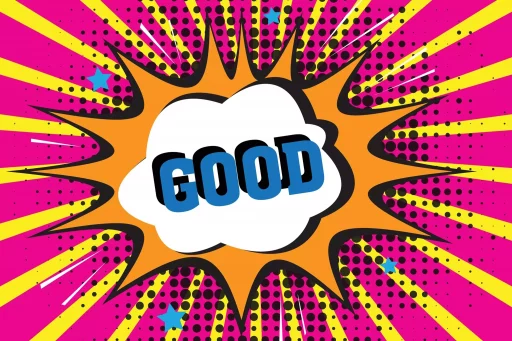Introduction to Canary Slang
Canary slang refers to the unique dialect, expressions, and idioms used by the inhabitants of the Canary Islands, a Spanish archipelago located near the coast of Africa. Derived from the Spanish language, it’s peppered with indigenous words, influenced by African dialects, and traces of English due to the influx of tourists.
The Origin of Canary Slang
The origins of Canary Slang date back centuries involving interactions between indigenous Canarians, colonial Spaniards, and African slaves. As a result, Canary slang came to be a cultural melting pot of words and phrases, reflecting its rich history and diverse influences.
Distinct Features of Canary Slang
- Use of indigenous words: Many words in Canary slang have roots in the Guanche language, spoken by the indigenous people of the Canary Islands.
- English Influences: The English influences in the Canary Islands, due to the high influx of British tourists, have resulted in English words being woven into local dialect.
- African Influences: Proximity to the African continent has also influenced Canary slang. For example, words with African origins can also be found in their dialect.
Example of Canary Slang
An example of Canary slang is ‘chiquillo/a’ which means ‘kid’ or ‘young boy/girl’. Another is ‘guagua’ that refers to ‘bus’ – a word of Caribbean origin common in Canary Islands.
Conclusion
Canary slang is an intriguing study into the blending of cultures, languages, and histories. It’s not just a dialect, but a mirror reflecting the interaction between various civilizations that interacted with the archipelago over the centuries. Studying Canary slang doesn’t just enhance our understanding of the language but also provides deeper insights into cultural amalgamation and how languages can evolve over time.






